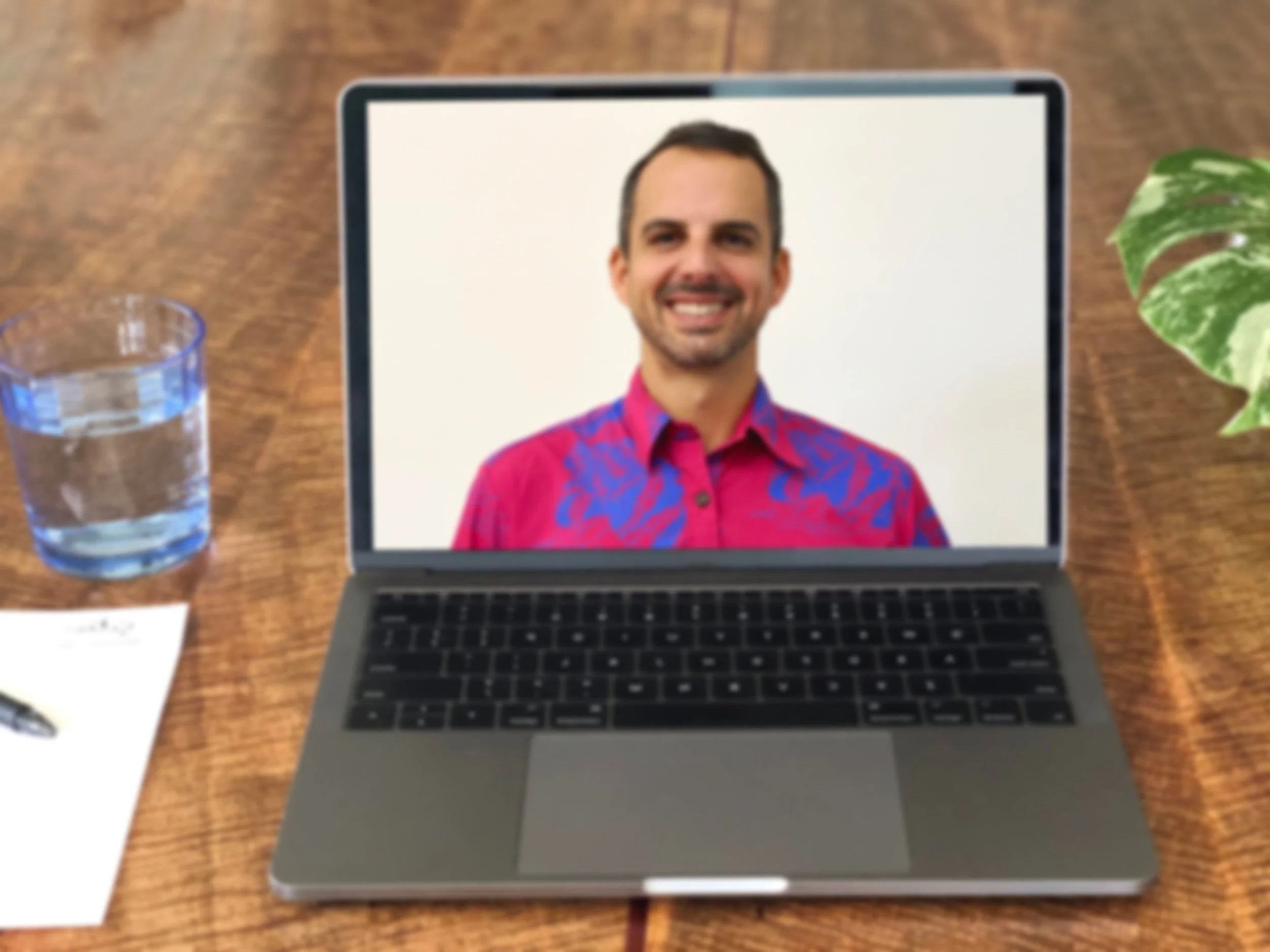Here are 5 things to consider when looking for an estate planning attorney:
1. Communication Style. Step one is to find an attorney who will take the time to get to know you—not just your property and the names of your loved ones, but your hopes and fears, and deeply held values. This can be done only if you have reason to trust the attorney’s judgment and integrity.
2. Reputation. Some estate planning attorneys advertise widely or give large presentations to obtain clients; others choose instead to rely primarily on word-of-mouth referrals. Hawaii is a small state, so the “coconut wireless” will usually direct you to attorneys who have a solid track record. CPAs, financial planners, bankers and attorneys who do not provide estate planning services can generally refer you to an outstanding estate planning attorney in your area.
3. Website. An attorney’s website should explain his firm’s philosophy and provide the backgrounds of each attorney in the firm. An attorney’s background can tell you a lot about that person’s character, ability to communicate clearly, and commitment to helping others.
4. Cost. Although it is seldom possible for an attorney to provide a precise quote before having an extended discussion with the client, an experienced attorney will be able to provide upfront a range of how much the cost could be, depending on the complexity of your circumstances.
5. Longevity. Most people want to find an attorney who is likely to be available to answer questions as they arise in the future, and to make sure your wishes are carried out in the event of your death. If you are thinking about retaining an older attorney, find out if there is a succession plan in that attorney’s law firm. Would you be meeting with that attorney in the foreseeable future, or with new associates? If you are considering a younger attorney, ask how long he or she has been focusing on estate planning and try to determine whether that attorney is likely to continue practicing in your community.
Hopefully this has been helpful. I am required to state, however, this is not legal advice and you should not rely on any of this information to determine what is in your best interest. Further installments of this blog will address the more common questions and situations that I see as an estate planning attorney. All information will be based on hypothetical scenarios, however, not the actual circumstances of real clients.

